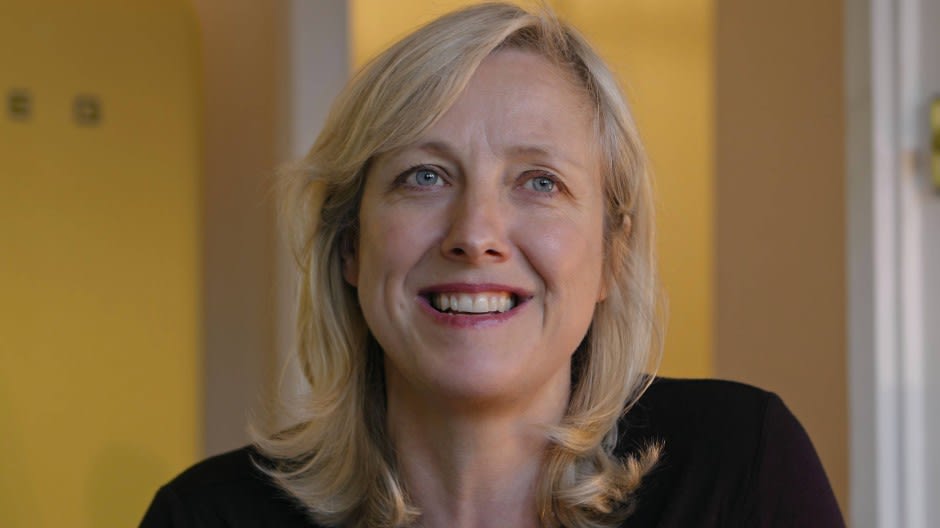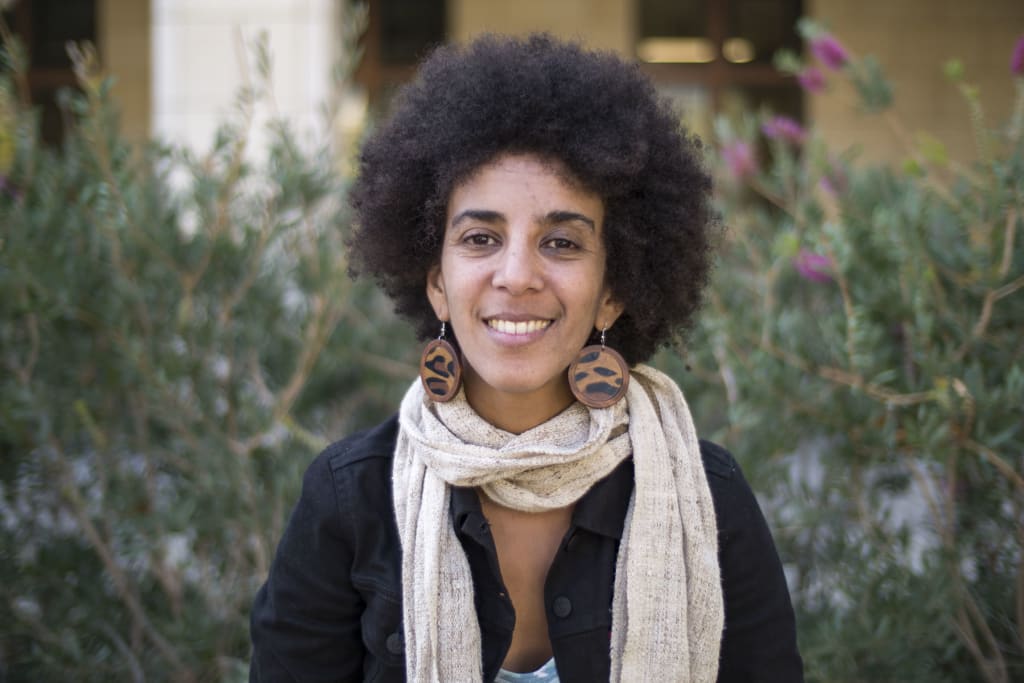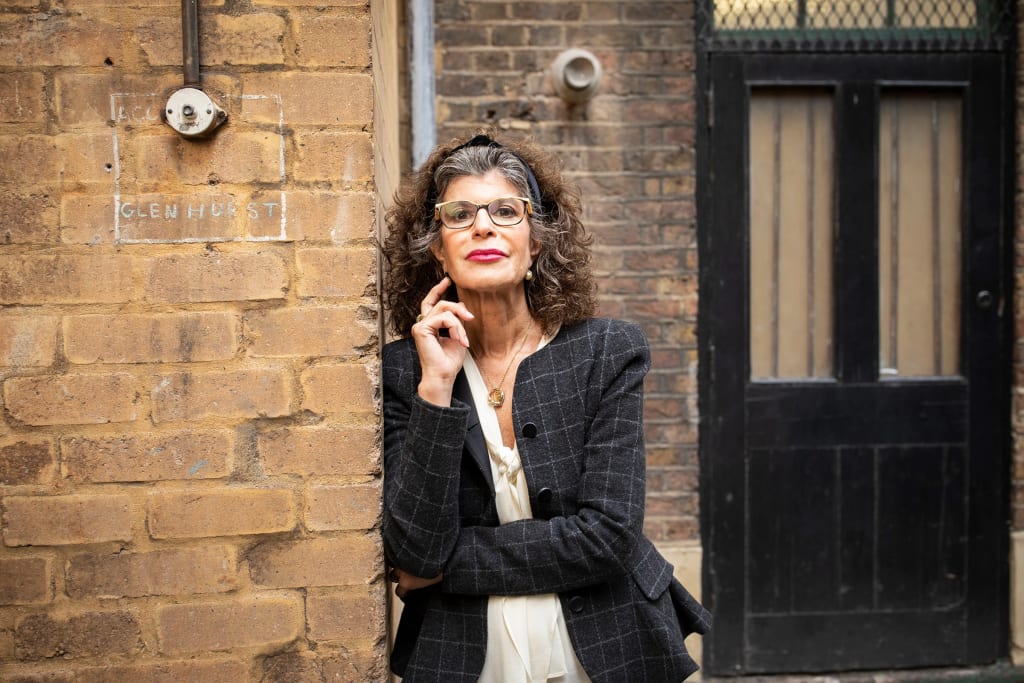En cette Journée internationale des femmes, nous profitons de l’occasion pour parler avec certaines des pionnières les plus éminentes du monde dans les domaines de la confidentialité des données et de la sécurité. Voici un petit aperçu des contributions que des universitaires, journalistes et scientifiques femmes ont apportées à l’avancement des droits numériques.
Les femmes sont à l’avant-garde de la lutte pour un internet plus libre et privé dans divers domaines, menant la charge pour dénoncer les injustices et les biais intégrés chez les géants de la tech et sensibiliser à la manière dont nos données sont collectées et utilisées contre nous.
Carissa Véliz
Carissa Véliz utilise son expertise en éthique et confidentialité pour communiquer clairement comment la technologie numérique nous dérobe souvent nos données personnelles et notre pouvoir de faire des choix libres. Cependant, son livre, La vie privée est un pouvoir, ne parle pas seulement de la manière dont la surveillance omniprésente érode notre démocratie, mais est plutôt un manuel pratique et simple pour que nous, en tant que société, puissions reprendre le contrôle de nos données et du pouvoir qui en découle.
Nous avons eu la chance de discuter avec Carissa en juillet 2021 à propos de La vie privée est un pouvoir, pourquoi la confidentialité est collective, et comment les citoyens peuvent tenir tête aux géants de la tech et reprendre la démocratie.
À propos de Carissa Véliz
Carissa Véliz est une auteure primée et professeure associée à la Faculté de philosophie et à l’Institut d’éthique en IA à l’Université d’Oxford. Son travail se concentre sur l’éthique numérique, en mettant l’accent sur la vie privée et l’éthique de l’IA. Carissa Véliz a écrit La vie privée est un pouvoir, un livre de l’année selon The Economist, dans lequel elle soutient que la vie privée est une forme de pouvoir, et qu’un manque de vie privée donne du pouvoir aux autres sur vous. La vie privée est un pouvoir explore comment l’économie des données et le capitalisme de surveillance sapent la liberté, l’égalité et la démocratie et ce que nous pouvons tous faire en tant que citoyens pour reprendre le contrôle de nos données.
À lire absolument
La vie privée est un pouvoir : Pourquoi et comment vous devriez reprendre le contrôle de vos données(nouvelle fenêtre), Carissa Véliz, 2021.

Plus les autres en savent sur vous, plus ils peuvent essayer de prédire ce que vous allez faire ensuite et tenter d’interférer avec cela. C’est précisément ce que font les entreprises et les gouvernements, et c’est une mauvaise chose pour la démocratie.
Carole Cadwalladr
Carole Cadwalladr est surtout connue pour son travail révélant le scandale des données Facebook-Cambridge Analytica. Ses reportages ont montré comment les données personnelles de millions d’utilisateurs de Facebook ont été collectées par le cabinet de conseil Cambridge Analytica et ensuite utilisées pour de la publicité politique ciblée.
Son travail a révélé au monde à quel point le pouvoir réside dans nos données collectives et comment il peut être abusé pour saper les démocraties mondiales. Elle n’hésite pas à confronter les puissants et a été l’une des premières à relier les points entre le rôle des géants de la tech dans le vote du Brexit au Royaume-Uni et l’élection présidentielle américaine de 2016.
À propos de Carole Cadwalladr
Carole Cadwalladr est une journaliste primée pour le Guardian et l’Observer au Royaume-Uni qui a notamment travaillé aux côtés du lanceur d’alerte Christopher Wylie pour enquêter sur le scandale des données Facebook-Cambridge Analytica et le révéler au grand jour. Elle a également révélé de multiples infractions commises pendant le référendum européen du Royaume-Uni et exposé l’ingérence russe dans le Brexit.
Récemment, Carole a été soutenue par l’EFJ et RSF, parmi d’autres organisations(nouvelle fenêtre), pour protéger sa liberté d’expression contre une action en diffamation(nouvelle fenêtre) au Royaume-Uni, intentée par le multimillionnaire finançant le Brexit, Arron Banks.
À lire absolument
Les articles clés de Carole Cadwalladr dans les dossiers Cambridge Analytica(nouvelle fenêtre) avec The Guardian.

La démocratie n’est pas garantie, elle n’est pas inévitable, et nous devons nous battre, nous devons gagner et nous ne pouvons pas laisser ces entreprises technologiques posséder ce pouvoir sans contrôle. Cela dépend de nous – de vous, de moi et de nous tous. Nous sommes ceux qui doivent reprendre le contrôle.
Timnit Gebru
Le signalement hautement médiatisé de Timnit Gebru concernant son mauvais traitement chez Google a fait progresser la diversité et l’inclusion dans le secteur technologique, mettant en lumière le combat difficile que les femmes de couleur doivent mener pour se faire une place dans la Silicon Valley. Bien que Timnit soit l’une des femmes noires les plus en vue dans son domaine, Google l’a licenciée lorsqu’ils ont été en désaccord avec un article qu’elle a écrit sur les biais ethniques et de genre dans la technologie de reconnaissance faciale.
À propos de Timnit Gebru
Timnit Gebru est une leader largement respectée dans la recherche en éthique de l’IA. Elle était autrefois co-responsable de l’équipe d’éthique de l’IA de Google avant d’être contrainte de partir après avoir rédigé un article(nouvelle fenêtre) qui révélait les biais ethniques dans la technologie de reconnaissance faciale. Le pire contrevenant dans son article était la reconnaissance faciale d’IBM, qui était 34,4 points de pourcentage moins précise(nouvelle fenêtre) pour la classification du genre des femmes à la peau foncée comparativement aux hommes à la peau claire.
Le mauvais traitement de Timnit chez Google a conduit plus de 1 400 employés de Google et 1 900 autres soutiens à signer une lettre de protestation(nouvelle fenêtre) exigeant des réponses sur son licenciement. Depuis, elle a été nommée parmi les 30 femmes inspirantes de Forbes(nouvelle fenêtre), parmi d’autres distinctions.
À lire absolument
Gender Shades: Intersectional Accuracy Disparities in Commercial Gender Classification(nouvelle fenêtre) Joy Buolamwini et Timnit Gebru, 2018

Nous avons besoin d’alternatives. Nous avons besoin que les gouvernements du monde entier investissent dans les communautés qui construisent des technologies qui leur sont véritablement bénéfiques, plutôt que de poursuivre un programme défini par les géants de la tech.
Shoshana Zuboff
Shoshana Zuboff a inventé le terme de « capitalisme de surveillance » dans son livre L’Âge du capitalisme de surveillance : La lutte pour un avenir humain, et a ainsi donné au monde un nouveau vocabulaire pour comprendre comment les monopoles technologiques utilisent nos données à des fins de profit et de pouvoir.
À propos de Shoshana Zuboff
Shoshana Zuboff est universitaire à la Harvard Business School et l’auteure de L’Âge de la machine intelligente : L’avenir du travail et du pouvoir, L’Économie du soutien : Pourquoi les entreprises échouent à servir les individus et le prochain épisode du capitalisme, et L’Âge du capitalisme de surveillance : La lutte pour un avenir humain à la nouvelle frontière du pouvoir.
Dans L’Âge du capitalisme de surveillance, Shoshana explique comment les personnes qui utilisent les nouvelles technologies ne sont plus des clients, ni des employés ou des produits — elles sont la matière première de l’économie de surveillance.
À lire absolument
L’Âge du capitalisme de surveillance : La lutte pour un avenir humain à la nouvelle frontière du pouvoir(nouvelle fenêtre), Shoshana Zuboff, 2019

Le capitalisme de surveillance revendique unilatéralement l’expérience humaine comme matière première gratuite pour la conversion en données comportementales.
Rejoignez le mouvement pour un internet meilleur
Pour que l’internet devienne un lieu meilleur, plus libre et plus juste, nous avons besoin que chacun s’implique. Ce n’est pas seulement le rôle des universitaires et des scientifiques, comme les femmes mentionnées ci-dessus, de mener ce combat seules. Vous pouvez aider à protéger les libertés de tous en sécurisant vos données avec un e-mail crypté.
Si vous souhaitez vous impliquer davantage dans la lutte pour un internet meilleur, vous pouvez rejoindre l’équipe mondiale de Proton qui s’engage à placer les personnes avant les profits. Consultez notre page Carrières.(nouvelle fenêtre)